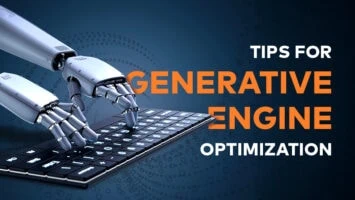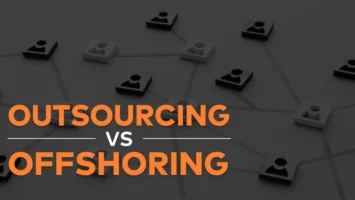The most popular B2B eCommerce system integrations

Online stores take up many forms. Behind an eye-catching landing page, there are many complex systems that aim to provide the best possible user experience, streamlining the purchase process. Some of these systems have become the industry’s standards, a must-have for every B2B eCommerce solution. In the following lines, we take a closer look at B2B integration examples.
Couriers & shipping
No online store that sells physical goods can thrive without a well-functioning delivery system, making it one of the most common eCommerce integrations. Businesses look for integrations with the most popular and reliable shipping providers, companies with the biggest reach and most recognizable names among their customer base. The list usually comes down to popular courier firms, such as UPS, DHL, DPD or FedEx. Delivery integrations help automate the shipping process, can generate shipping labels automatically for the team and provide real-time tracking for both the staff as well as the customer. They make logistics easier, help calculate shipping costs and facilitate the returns process. All of this translates into improved customer satisfaction, increasing the chances that clients will come back.
Payment gateways
People consider familiar payment options a welcome sight. They are a major factor that encourages purchases. Integrations with popular payment gateways, such as PayPal, Stripe or Skrill, enable swift and secure transactions by means that are already known to the target audience. For regional platforms, it is also important to integrate payment gateways popular in the given area. Many reliable payment options contribute to website credibility and help increase reach. With the right integrations, it is easier to organize the refund process and solve potential disputes, further improving client trust. From the business perspective, seamless transactions will also help increase revenue.
ERP (Enterprise Resource Planning)
These IT systems support enterprise management (staff, resources, finances). The most popular solutions of this type include SAP, Oracle and Microsoft Dynamics. The range of subjects they cover is huge, including the synchronization of inventory management, order tracking, finances and supply chain management processes. Automation eliminates the human error factor resulting from the manual input of data, and it also greatly improves overall efficiency. Thanks to the access to up-to-date information provided by an ERP, decision-making staff can make better choices to improve the functioning of specific processes.
Baselinker
Baselinker is a system that enables the integration of various eCommerce platforms and the automation of processes. It allows businesses to connect multiple sales channels, including online marketplaces and retail platforms, helping to facilitate orders. Inventory management is easier thanks to Baselinker, and it also offers advanced analytics and reporting options, greatly helping in decision-making and optimizing sales strategies. The system enables the preparation of multiple auctions and their editing with just a few clicks, and it provides automatic synchronization of warehouse stocks and prices. The automation it provides helps streamline both management and sales processes.
CRM (Customer Relationship Management)
CRM is a set of tools that enables the management of communication between a company and its customers. It provides a holistic view of customer information and access to tools that support good and long-lasting relations. Thanks to CRMs, you can synchronize customer information with purchase history and gain invaluable insights into your audience’s behavior and preferences. The information you acquire helps in the development of effective marketing, sales and support strategies, which results in higher customer satisfaction and loyalty to your brand. Popular CRMs include Salesforce, HubSpot and Zoho.
Chatbot and customer service
Chatbots are computer programs designed to communicate with the user. It was only natural for this type of software to become an important part of customer service. Chatbots and other customer service integrations improve the relations between the company and its clients by centralizing inquiries, adding support tickets and managing all order-related issues through a single system. From the business point of view, companies gain access to customer data so that the staff can provide more personalized assistance and effective support, resulting in a stronger customer-company relationship.
Social media
SM integrations are among the most important tools for increasing your brand’s reach. They open up new avenues for customer engagement and sales. Companies can present their products and services, run targeted advertising campaigns and fuel the eCommerce platform with traffic directly through the SM channel. Interacting with customers through social media helps further stimulate their interest in the brand. The most common social media channels nowadays include Facebook, Instagram, X (Twitter), YouTube, and TikTok.
Conclusion
Multiple integrations make a B2B eCommerce truly successful, helping platforms gain an edge over their competition. Careful planning and execution are key to making the many different systems work together.
Our team delivers state-of-the-art B2B eCommerce platforms for all industries with just the right integrations. Contact us to learn more.



















